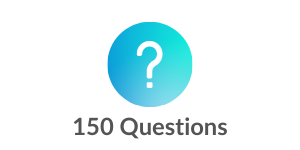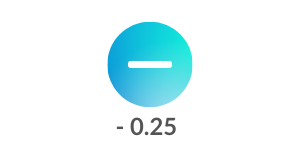
The advent of National Law Schools across the country had been a paradigm shift in legal education. These institutes (NLUs) pioneered the introduction of Five Year Integrated Law Programme aper class 12th . The idea was to impart quality legal education in order to meet the ever growing corporate demands. Today we have following National Law Universities (NLUs) in India.





| # | Number of Subjects | Number of Questions | Weightage |
|---|---|---|---|
| 1 | English | 30 | 20% |
| 2 | Current Affairs & GK | 38 | 20% |
| 3 | Quantitative Techniques | 15 | 10% |
| 4 | Logical Reasoning | 30 | 20% |
| 5 | Legal Reasoning | 37 | 25% |
Any person who has passed 10+2 or equivalent examination with the minimum of :-
You will be provided passages of about 450 words each. These passages will be derived from contemporary or historically significant fiction and non-fiction writing.
You will be provided passages of up to 450 words each. The passages will be derived from news, journalistic sources, examination of legal information.
In this section, you will be expected to read passages of around 450 words each. The passages may relate to fact situations or scenarios involving legal matters, public policy questions or moral philosophical enquiries.
In this section your following abilities shall be tested:
In this section your ability to apply various X standard mathematical operations on such information, including from areas such as ratios and proportions, basic algebra, mensuration and statistical estimation.